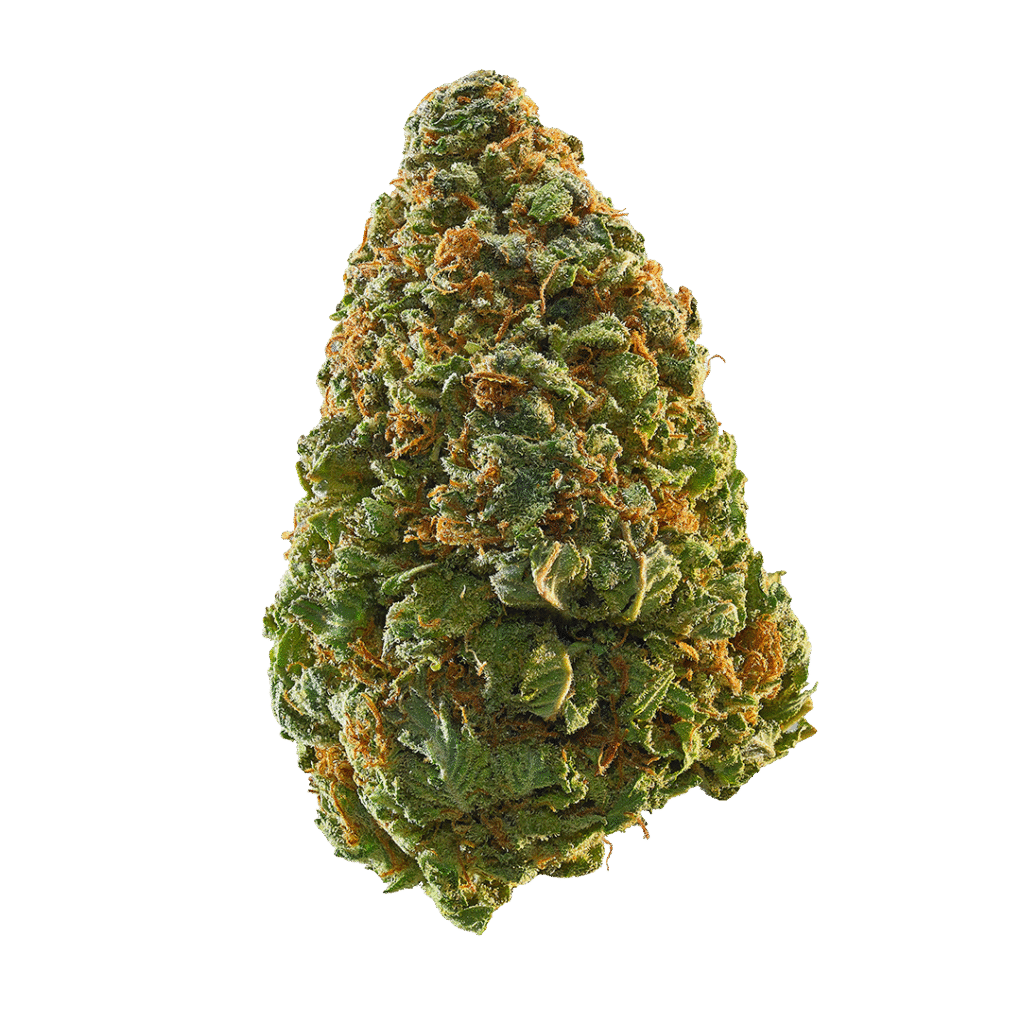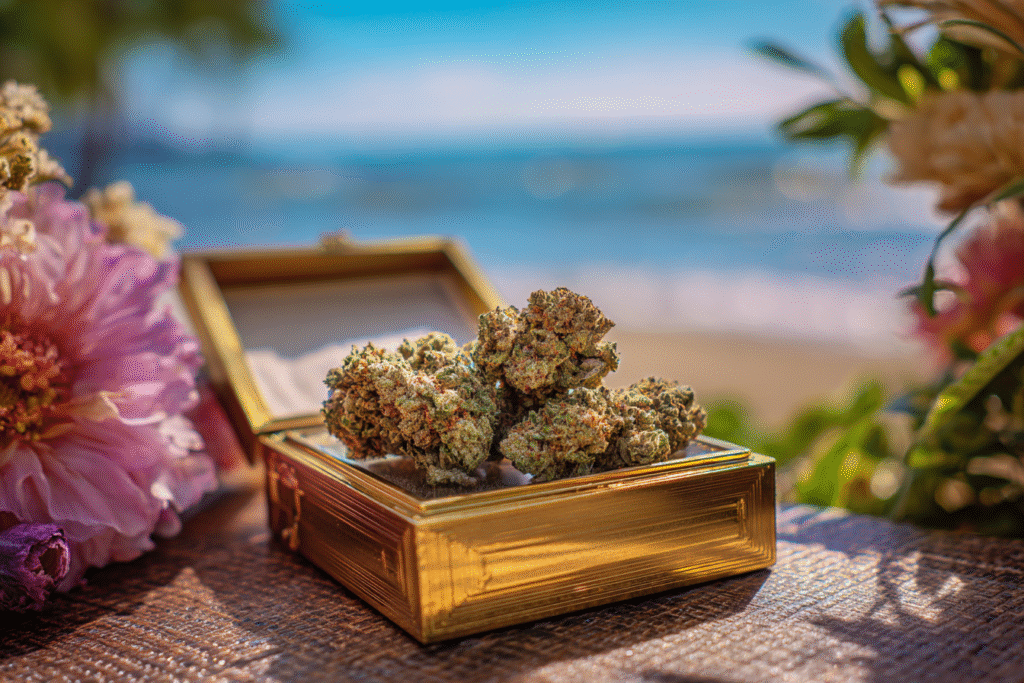Pennsylvania stands at a pivotal crossroads in cannabis policy, operating one of the nation’s most robust medical marijuana programs while actively debating recreational legalization. With over 700,000 registered medical patients and neighboring states already enjoying adult-use markets, the Keystone State faces mounting pressure to modernize its cannabis laws. This comprehensive guide navigates Pennsylvania’s complex regulatory landscape, from medical program requirements and workplace protections to DUI laws and the ongoing push for recreational legalization.
As Governor Josh Shapiro continues advocating for adult-use cannabis—projecting $1.3 billion in revenue over five years—and legislative battles unfold in Harrisburg, understanding current regulations has never been more critical. Whether you’re a medical patient seeking relief, an employer navigating workplace policies, or a resident following legalization efforts, this guide provides essential insights into Pennsylvania cannabis laws, your rights, and what changes may lie ahead.
Current Legal Status of Cannabis in Pennsylvania
Medical Marijuana: Legal Since 2016
Pennsylvania’s Medical Marijuana Act (Act 16) was signed into law by Governor Tom Wolf on April 17, 2016, establishing a comprehensive medical cannabis program that has grown to serve over 700,000 registered patients as of 2025. The program allows qualified patients with serious medical conditions to access cannabis products from state-licensed dispensaries.
Key Program Statistics:
- 440,733 active patient registrations (November 2024)
- Over 300,000 patients are certified for anxiety disorders alone
- 150+ operational dispensaries statewide
- 25 licensed growers/processors
- $4.4 billion in total sales since inception
For patients seeking therapeutic options, explore Pure Shaka’s medical-grade tinctures designed to meet Pennsylvania’s strict quality standards.
Recreational Cannabis: Still Illegal but Under Debate
Despite repeated legislative attempts and gubernatorial support, recreational cannabis remains illegal in Pennsylvania. The state continues to criminalize adult-use possession, with penalties ranging from fines to imprisonment depending on the amount possessed.
Recent Legislative Developments:
- May 2025: House passed HB 1200 (state-store model), Senate committee defeated it 7-3
- July 2025: Senate bills introduced for alternative regulatory framework
- Budget Projections: $250 million annual revenue anticipated from legalization
- Timeline: If passed in 2025, sales unlikely before 2026-2027
Municipal Decriminalization Efforts
While state law maintains prohibition, several cities have enacted local decriminalization ordinances:
Philadelphia:
- Possession of 30 grams or less: $25 fine
- Public use: $100 fine or community service
- No criminal record for small amounts
Pittsburgh:
- Similar decriminalization measures
- Focus on citations over arrests
- Reduced enforcement priority
Check our FAQs for updates on local ordinances affecting cannabis enforcement.
Medical Marijuana Program Requirements
Qualifying Medical Conditions
Pennsylvania recognizes 24 serious medical conditions that qualify for medical cannabis treatment:
Neurological Conditions:
- Amyotrophic lateral sclerosis (ALS)
- Autism spectrum disorders
- Damage to nervous tissue of the spinal cord with intractable spasticity
- Epilepsy
- Huntington’s disease
- Multiple sclerosis
- Neurodegenerative diseases
- Parkinson’s disease
- Tourette syndrome
Pain and Inflammatory Conditions:
- Chronic pain (severe and persistent)
- Inflammatory bowel disease (including Crohn’s disease)
- Intractable seizures
- Neuropathies
- Severe chronic or intractable pain
Mental Health Conditions:
- Anxiety disorders
- Post-traumatic stress disorder (PTSD)
Other Qualifying Conditions:
- Cancer, including remission therapy
- Dyskinetic and spastic movement disorders
- Glaucoma
- HIV/AIDS
- Opioid use disorder (for reduction therapy)
- Sickle cell anemia
- Terminal illness
For targeted relief options, consider Pure Shaka’s condition-specific products formulated for various therapeutic needs.
Getting a Medical Marijuana Card
Step-by-Step Process:
- Physician Certification
- Schedule appointment with approved practitioner
- Cost: $100-$250 for consultation
- Must establish ongoing care relationship
- Physician enters certification in state system
- Patient Registration
- Create account at PA Medical Marijuana Registry
- Upload valid Pennsylvania ID
- Pay $50 state fee (financial hardship waivers available)
- Submit application online
- Card Issuance
- Processing time: 7-10 business days
- Card valid for one year
- Delivered by mail
- Immediate access upon approval (print temporary card)
Cost Considerations:
- Initial certification: $100-$250
- State registration: $50
- Annual renewal: Same fees apply
- Financial assistance available for eligible patients
Patient Rights and Limitations
What Patients CAN Do:
- Purchase from any Pennsylvania dispensary
- Possess 90-day supply as determined by physician
- Designate up to two caregivers
- Use vaporizers, tinctures, pills, oils, topicals
- Travel within Pennsylvania with products
What Patients CANNOT Do:
- Smoke dry leaf marijuana (vaporization only)
- Grow cannabis plants at home
- Share or sell products to others
- Drive while impaired
- Use in public spaces
- Cross state lines with products
Review our lab reports here.
Product Types and Dispensary Access
Approved Product Forms
Pennsylvania’s medical program allows specific product types while prohibiting others:
Permitted Products:
- Flower/Dry Leaf: For vaporization only (not smoking)
- Oils and Tinctures: Including Pure Shaka’s therapeutic tinctures
- Pills and Capsules: Precise dosing options
- Topicals: Creams, balms, patches like our pain relief roll-on
- Liquids: For oral administration
- Vaporization cartridges: Including disposable vapes
Prohibited Forms:
- Edibles (gummies, chocolates, baked goods)
- Smoking products
- Home cultivation
- Products appealing to children
Dispensary Operations
Dispensary Network:
- 150+ locations statewide
- Major operators: Curaleaf, Trulieve, RISE, Harvest
- Regional coverage ensuring access
- Online ordering with in-store pickup
- No delivery services currently permitted
Purchase Process:
- Check dispensary menus online
- Place order or walk in
- Present medical card and ID
- Consult with pharmacist
- Complete purchase (cash or debit typically)
- Products tracked in state system
Pricing and Insurance
Typical Pricing:
- Flower: $35-$60 per eighth
- Vape cartridges: $40-$80
- Tinctures: $30-$100
- Topicals: $25-$75
- Concentrates: $50-$100 per gram
Insurance Coverage:
- Not covered by health insurance
- No Medicare/Medicaid reimbursement
- Some employers offer reimbursement programs
- Tax deductible as medical expense (consult tax professional)
For value-conscious options, explore Pure Shaka’s competitively priced products.
Workplace Rights and Drug Testing
Medical Marijuana Employment Protections
Pennsylvania’s Medical Marijuana Act provides specific protections for registered patients:
Protected Rights:
- Cannot be fired solely for having medical card
- Cannot be denied employment for cardholder status
- Protected from discrimination in compensation/benefits
- Cannot face retaliation for legal medical use
Employer Rights:
- May prohibit use at workplace
- Can discipline for on-the-job impairment
- May enforce drug-free workplace policies
- Can take action if federal requirements conflict
Drug Testing Landscape
Pre-Employment Testing:
Philadelphia (as of January 2022):
- Pre-employment marijuana testing prohibited for most positions
- Exceptions for safety-sensitive roles
- Federal requirements override local law
- Employers adapting policies
Pittsburgh (as of 2024):
- Similar restrictions on pre-employment testing
- Medical marijuana patient protections
- Safety-sensitive position exceptions
Rest of Pennsylvania:
- No state restrictions on testing
- Employer discretion generally applies
- Medical protections still in effect
Navigating Workplace Policies
Best Practices for Patients:
- Never disclose medical card during application
- Understand company drug policies
- Never use or possess at work
- Document any discrimination
- Consult attorney if rights violated
- Consider CBD alternatives if concerned about testing
Key Legal Precedent:
- Palmiter v. Commonwealth Health Systems (2021): Established right to sue for discrimination
- Courts recognizing medical marijuana as disability accommodation issue
- Evolving protections for off-duty use
DUI and Driving Laws
Zero Tolerance for Impaired Driving
Pennsylvania maintains strict DUI laws for cannabis that create unique challenges for medical patients:
Current Law Problems:
- Any detectable THC metabolite = DUI
- Metabolites remain weeks after use
- No impairment requirement for conviction
- Medical card provides no defense
- 700,000+ patients technically cannot drive legally
DUI Penalties
First Offense:
- License suspension: 12 months
- Fines: $300-$5,000
- Imprisonment: 72 hours to 6 months
- Mandatory safety school
- Substance abuse evaluation
Second Offense:
- License suspension: 12-18 months
- Fines: $300-$5,000
- Imprisonment: 90 days to 5 years
- Ignition interlock requirement
Third+ Offense:
- Felony charges
- Extended license suspension
- Minimum 1 year imprisonment
- Substantial fines
Proposed Reforms
House Bill 983 (Pending):
- Would exempt medical marijuana from per se DUI
- Actual impairment would still be illegal
- Recognizes unfairness of current law
- Bipartisan support growing
For responsible use, consider microdosed products that allow better control over effects.
Possession Penalties and Criminal Justice
Current Penalties for Recreational Possession
Small Amount (30 grams or less):
- Misdemeanor offense
- Up to 30 days jail
- $500 maximum fine
- Criminal record
Personal Use (31 grams to 8 ounces):
- Misdemeanor
- Up to 1 year imprisonment
- $5,000 maximum fine
Intent to Distribute (over 8 ounces):
- Felony charges
- 1-10 years imprisonment
- Up to $100,000 fine
- Asset forfeiture possible
Paraphernalia Laws
Possession:
- Misdemeanor
- Up to 1 year jail
- $2,500 fine
Delivery of Paraphernalia:
- Misdemeanor (first offense)
- Felony (subsequent offenses)
- Enhanced penalties near schools
Criminal Justice Reform Efforts
Expungement Initiatives:
- Limited automatic expungement currently
- Proposed legislation for broader relief
- Governor supports clearing records
- Estimated 40,000+ eligible for relief
Decriminalization Bills:
- SB 75/HB 578: Reduce possession to summary offense
- $25 fine for small amounts
- No criminal record
- Bipartisan support emerging
Visit our FAQs here.
The Push for Recreational Legalization
Legislative Proposals
House Bill 1200 (Defeated May 2025):
- State-run store model through Fine Wine & Good Spirits
- 12% cannabis tax plus 6% sales tax
- Home cultivation permitted (4 plants)
- Social equity provisions
- Automatic expungement
Senate Alternative Proposals:
- Private dispensary model
- Conversion licenses for medical operators
- 8-15% tax rates proposed
- Regulatory board oversight
- Social equity fund creation
Economic Projections
Governor Shapiro’s Budget Estimates:
- Year 1: $250 million revenue
- 5-year projection: $1.3 billion total
- 60% of border dispensary customers from PA
- Lost revenue to neighboring states
- Job creation: 20,000+ positions
Timeline and Obstacles
If Legalized in 2025:
- Regulatory framework: 6-12 months
- Licensing process: 6-9 months
- First sales: 2026-2027 earliest
- Full market maturity: 3-5 years
Political Challenges:
- Republican Senate opposition
- State-store model controversy
- Social equity disagreements
- Federal banking issues
- Local control debates
Border State Considerations
Neighboring Legal Markets
New Jersey (Legal since 2022):
- 21+ recreational sales
- PA residents can purchase
- Cannot transport back to PA
- Popular border dispensaries
New York (Legal since 2021):
- Adult-use sales active
- Similar cross-border issues
- Northeast PA residents accessing
Delaware (Legal since 2023):
- Retail sales began 2025
- Eastern PA proximity
Maryland (Legal since 2023):
- Southern PA access point
- Competitive pricing
Ohio (Legal since 2023):
- Western PA residents affected
- Recent market entry
Legal Risks of Cross-Border Activity
Federal Violations:
- Interstate transport illegal
- Federal trafficking charges possible
- Vehicle seizure risk
- Permanent record implications
State Consequences:
- Possession charges upon return
- Enhanced penalties possible
- No medical defense for out-of-state products
- DUI enforcement at borders
For compliant alternatives, shop Pure Shaka’s federally legal hemp products that ship nationwide.
Medical Marijuana for Minors
Pediatric Program Requirements
Qualifying Conditions:
- Must have qualifying condition from state list
- Autism spectrum disorders common
- Intractable epilepsy frequent indication
- Terminal illness considerations
Physician Requirements:
- Must be board-certified pediatric specialist:
- Pediatric neurologist
- Pediatric gastroenterologist
- Pediatric oncologist
- Pediatric palliative care specialist
Caregiver Responsibilities
Caregiver Requirements:
- Parent/legal guardian typically
- Must be 21+ years old
- Background check required
- Responsible for all purchases
- Controls administration
Product Restrictions:
- Limited to specific formulations
- Often CBD-dominant products
- Lower THC concentrations
- Oils and tinctures preferred
Looking Ahead: Future Developments
2025 Legislative Priorities
Likely Actions:
- Renewed legalization push
- Medical program expansions
- DUI law reforms
- Home cultivation proposals
- Banking/financial reforms
Medical Program Evolution
Proposed Changes:
- Expanded qualifying conditions
- Higher possession limits
- Delivery service authorization
- Interstate reciprocity
- Price reduction initiatives
Industry Trends
Market Growth:
- Continued patient enrollment
- New dispensary openings
- Product innovation
- Price compression
- Quality improvements
Explore Pure Shaka’s innovative products aligned with industry trends.
Staying Compliant and Informed
Best Practices for Patients
- Always carry medical card and ID
- Keep products in original packaging
- Never share or sell medicine
- Don’t drive after medicating
- Store securely from children
- Track purchase limits
- Renew card before expiration
Resources for Information
Official Sources:
- PA Department of Health: Medical marijuana program
- PA Cannabis Coalition: Industry updates
- NORML Pennsylvania: Legal reform advocacy
- Keystone Cannabis Coalition: Patient advocacy
Legal Considerations
Know Your Rights:
- Employment protections
- Housing protections (limited)
- Child custody considerations
- Federal property restrictions
- Travel limitations
When to Seek Legal Help:
- Employment discrimination
- DUI charges
- Custody disputes
- Criminal charges
- Housing issues
Conclusion
Pennsylvania’s cannabis landscape reflects a state in transition—maintaining a successful medical program serving hundreds of thousands while grappling with recreational legalization that seems inevitable yet elusive. The current framework provides meaningful access for patients with serious medical conditions, offering relief through a regulated system of dispensaries and products, though limitations like the driving paradox and lack of home cultivation remain problematic.
As 2025 unfolds, Pennsylvania faces critical decisions about cannabis policy. With neighboring states reaping economic benefits and the governor pushing for reform, pressure mounts for legislative action. Whether through state stores or private dispensaries, legalization appears more a question of “when” and “how” rather than “if.”
For medical patients, understanding current regulations ensures safe, legal access to cannabis medicine. From obtaining cards to navigating workplace protections and avoiding DUI pitfalls, knowledge of the law protects both access and freedom. As reforms advance, staying informed through reliable sources and quality providers becomes essential.
Until Pennsylvania joins its neighbors in full legalization, residents must navigate the current medical-only framework carefully. By following regulations, supporting reform efforts, and choosing compliant products from trusted sources like Pure Shaka, Pennsylvanians can access cannabis benefits while avoiding legal complications.
The path forward requires continued advocacy, patient education, and political engagement. As Pennsylvania writes its next chapter in cannabis policy, understanding current laws while preparing for future changes ensures you’re ready for whatever developments emerge from Harrisburg.
🌿 Quality Cannabis Products for Pennsylvania Patients
While awaiting recreational legalization, Pennsylvania patients deserve access to premium, lab-tested cannabis products. PureShaka offers compliant options that meet medical-grade standards.
⚖️ Know Your Rights
Pennsylvania’s cannabis laws are complex and evolving. For specific legal questions about your situation, consult with a qualified attorney. Visit our FAQs page for answers to common questions about cannabis laws and compliance.
📋 Quick Reference: PA Cannabis Laws 2025
- Medical: Legal with card for 24 qualifying conditions
- Recreational: Illegal (pending legislation)
- Possession Limit: 90-day supply for patients
- Home Growing: Prohibited
- DUI: Any THC metabolite = violation
- Employment: Protected for medical patients (with limits)
- Products: No smoking, no edibles, vaporization allowed
- Age: 18+ for medical (minors with caregiver)






